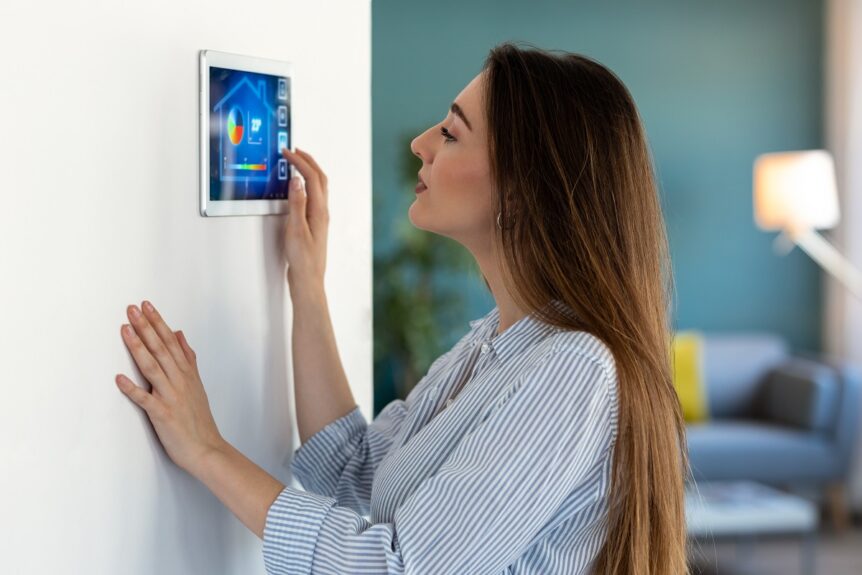Making your home more energy-efficient doesn’t have to drain your wallet. Here are 21 affordable strategies to reduce energy consumption and lower your utility bills while supporting a sustainable lifestyle.
#1. Seal Windows and Doors
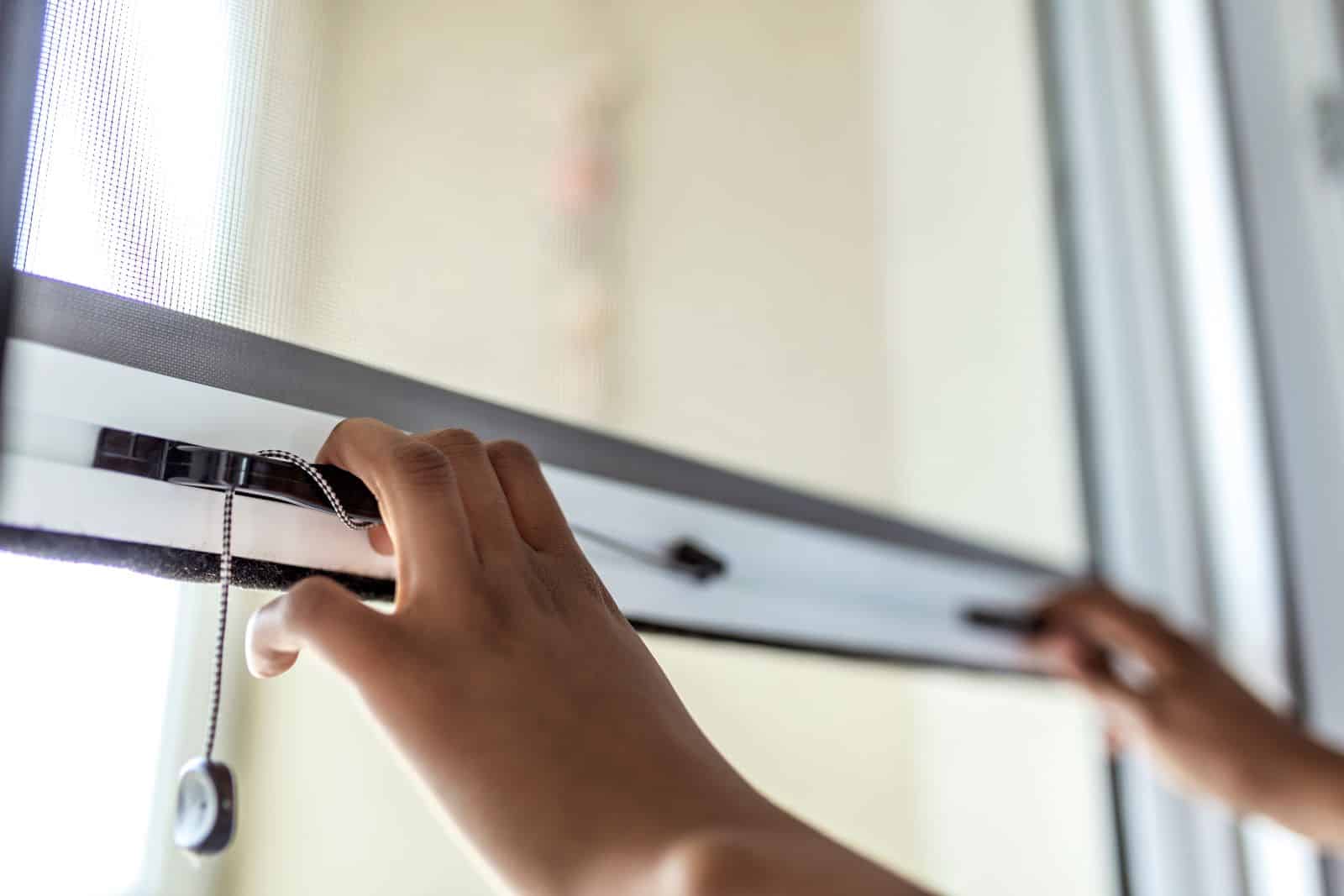
Image Credit: Shutterstock / Photoroyalty
Use weatherstripping or caulking to seal leaks around windows and doors. This simple step can significantly reduce drafts and heating costs.
#2. Install Energy-Efficient Light Bulbs

Image Credit: Shutterstock / Pixel-Shot
Replace incandescent bulbs with LED bulbs, which use up to 75% less energy and last much longer.
#3. Use Smart Power Strips
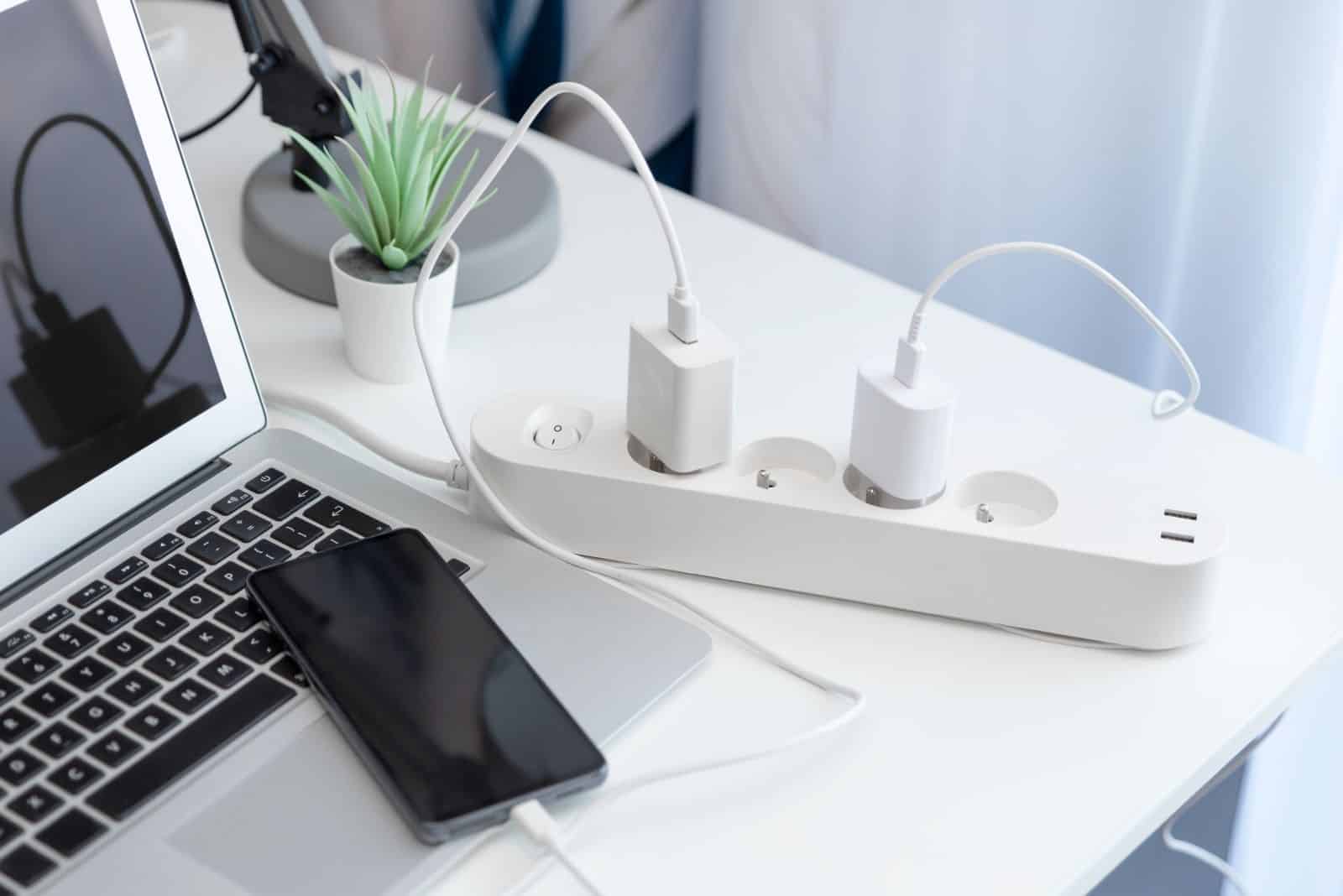
Image Credit: Shutterstock / Proxima Studio
Smart power strips prevent electronics from drawing power when they are turned off, cutting down on “phantom” energy waste.
#4. Add Insulation to Attics and Walls
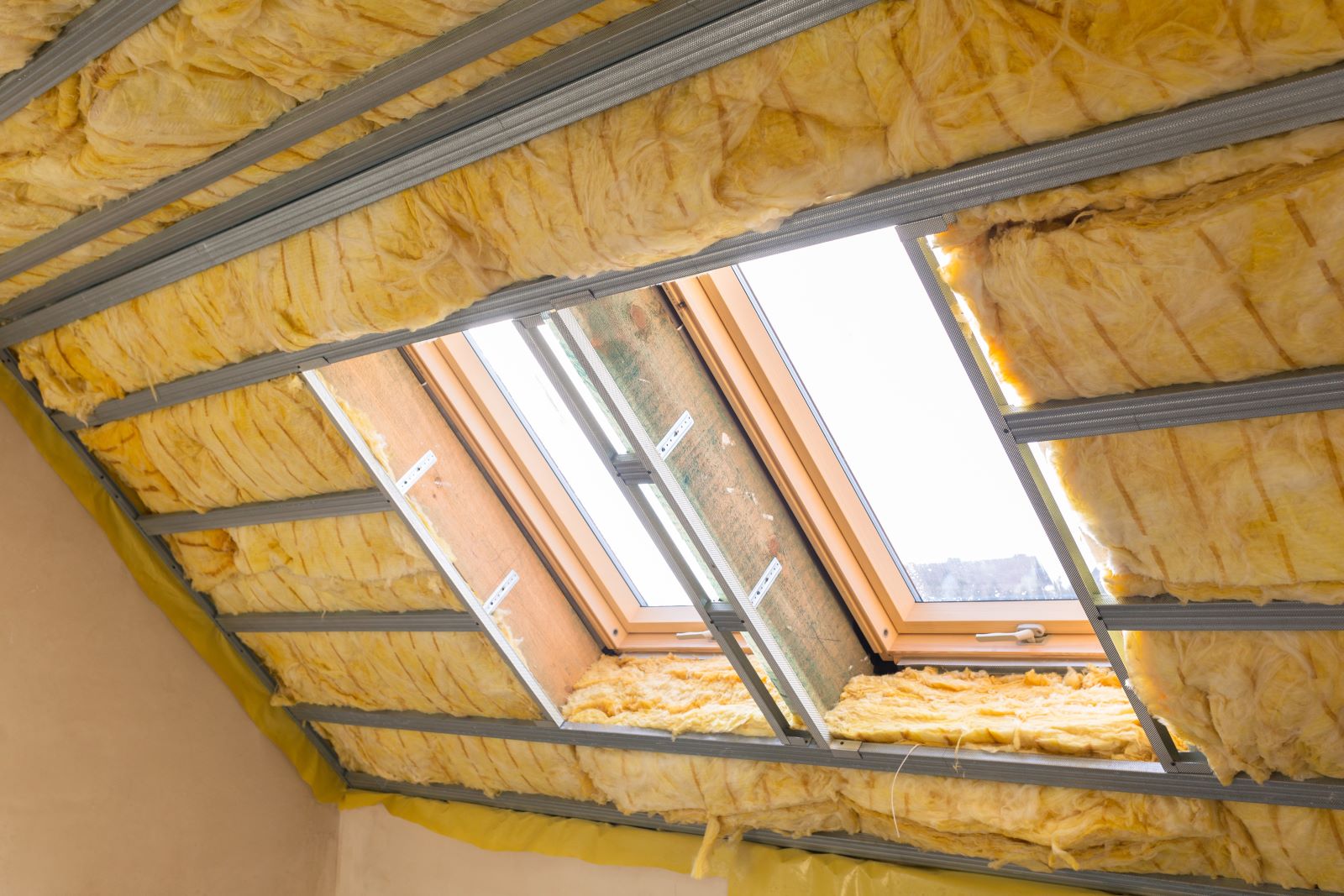
Image Credit: Shutterstock / Patryk Kosmider
Improving insulation in your attic and walls helps keep your home warm in winter and cool in summer, reducing the need for heating and air conditioning.
#5. Program Your Thermostat
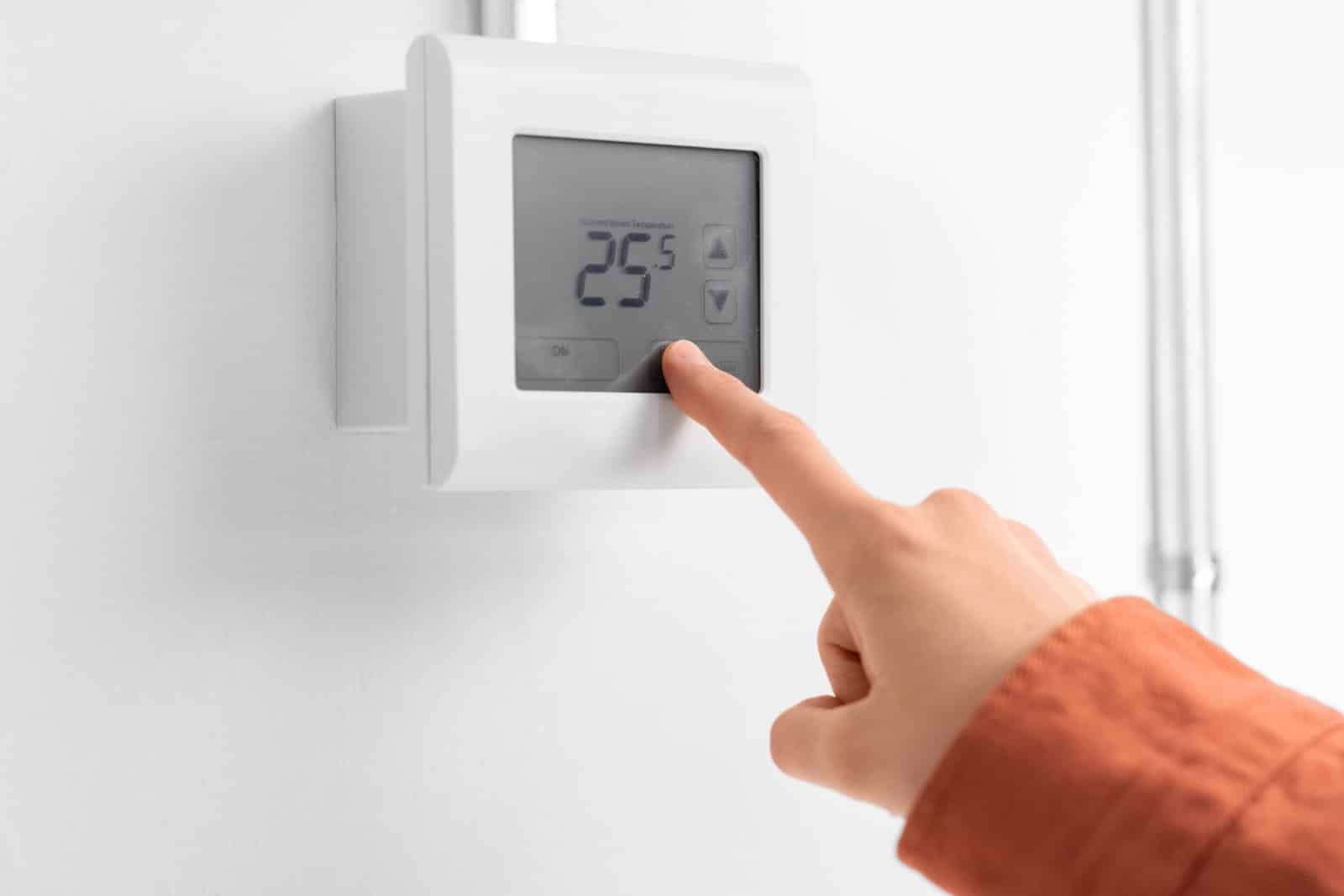
Image Credit: Shutterstock / Ground Picture
Using a programmable thermostat allows you to set lower temperatures when you’re away or asleep, saving on heating and cooling costs.
#6. Opt for Energy-Efficient Appliances
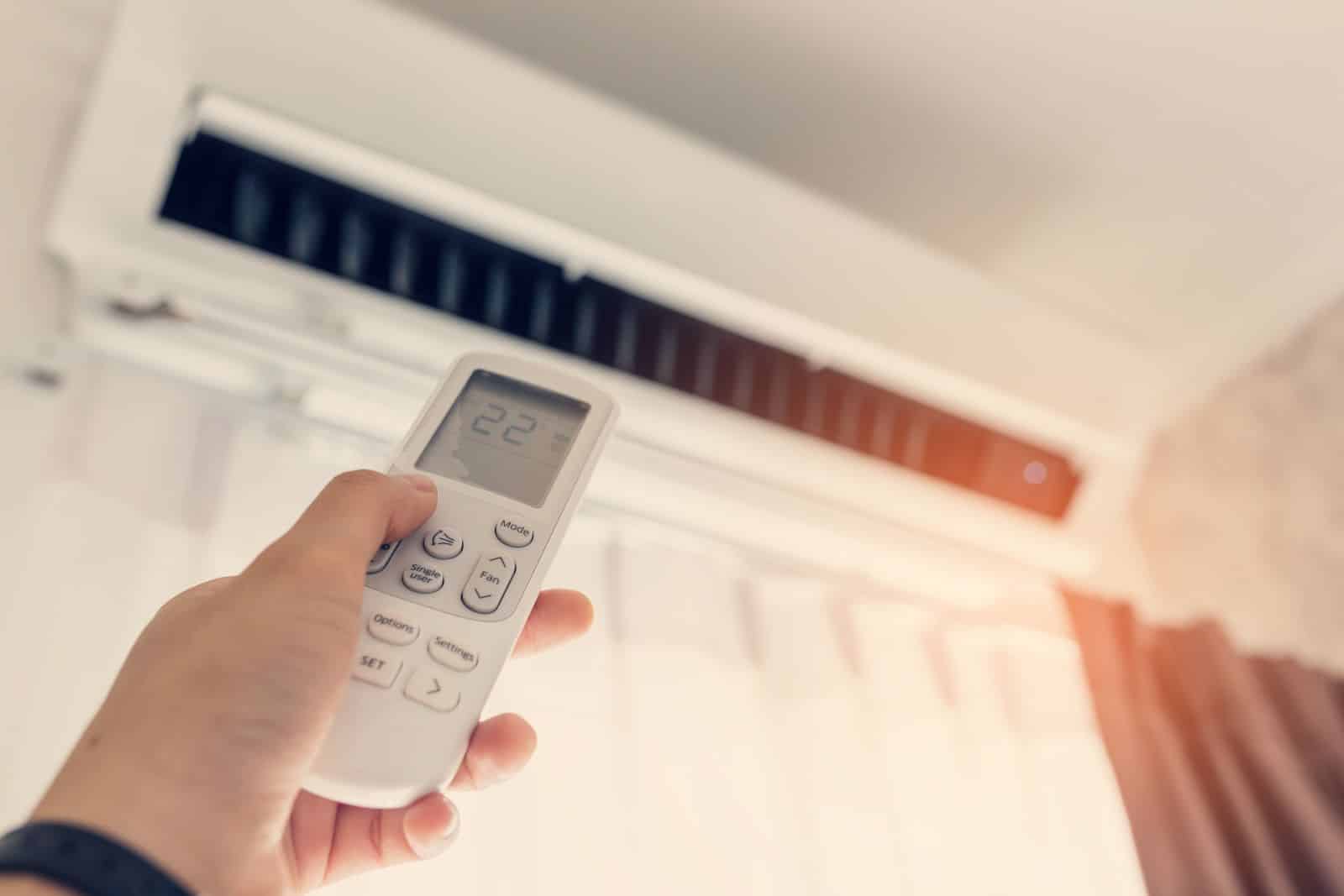
Image Credit: Shutterstock / Butsaya
When it’s time to replace appliances, choose Energy Star-rated models that use less electricity and water.
#7. Wash Clothes in Cold Water
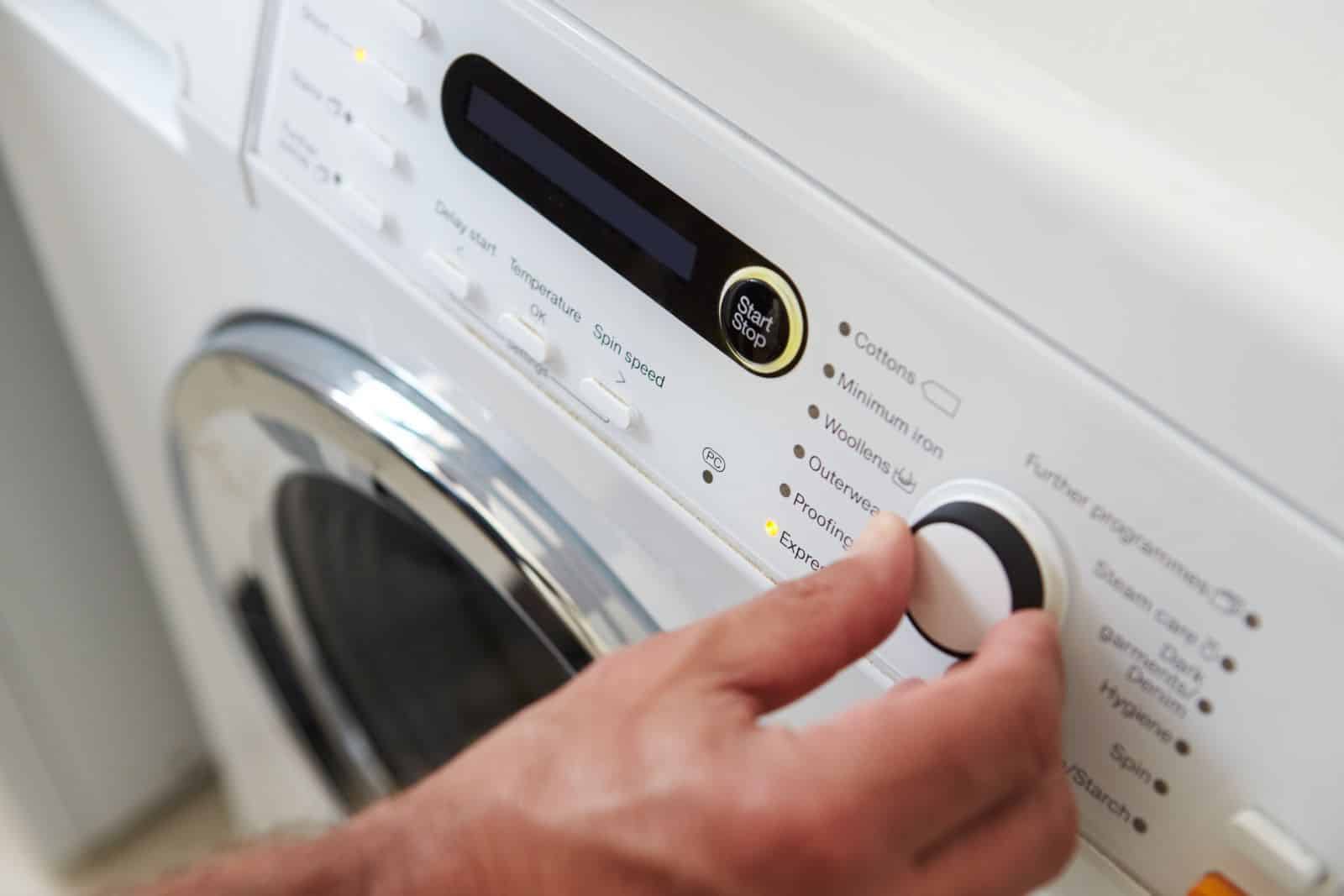
Image Credit: Shutterstock / Monkey Business Images
Washing clothes in cold water reduces the energy needed to heat the water, and modern detergents are effective at cold temperatures.
#8. Hang Dry Laundry

Image Credit: Shutterstock / Kwame Amo
Air drying clothes instead of using a dryer can save a significant amount of energy over time.
#9. Use Curtains and Blinds
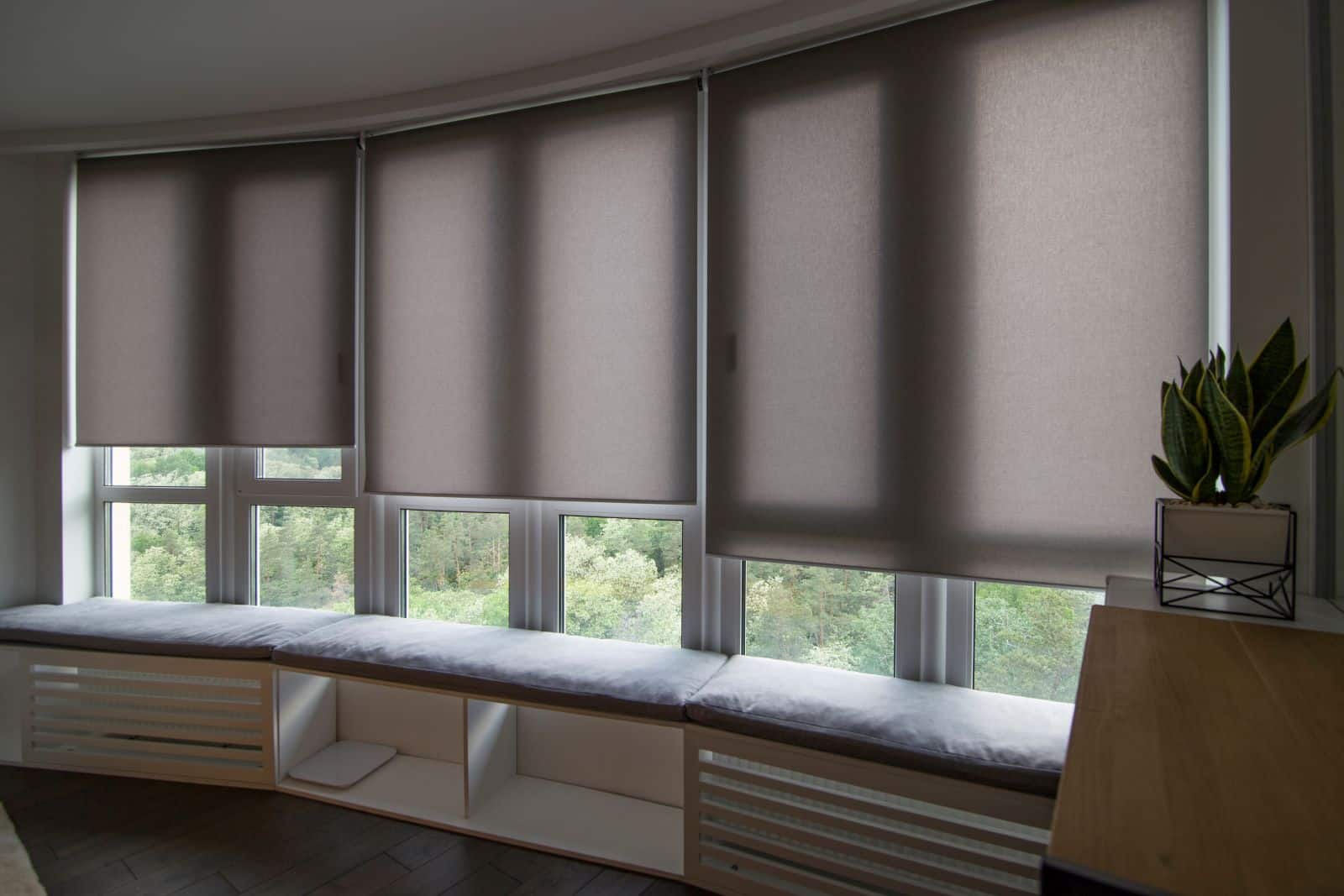
Image Credit: Shutterstock / Astibuk
Thermal curtains or reflective blinds can help regulate indoor temperatures by blocking summer sun and retaining winter warmth.
#10. Reduce Water Heater Temperature
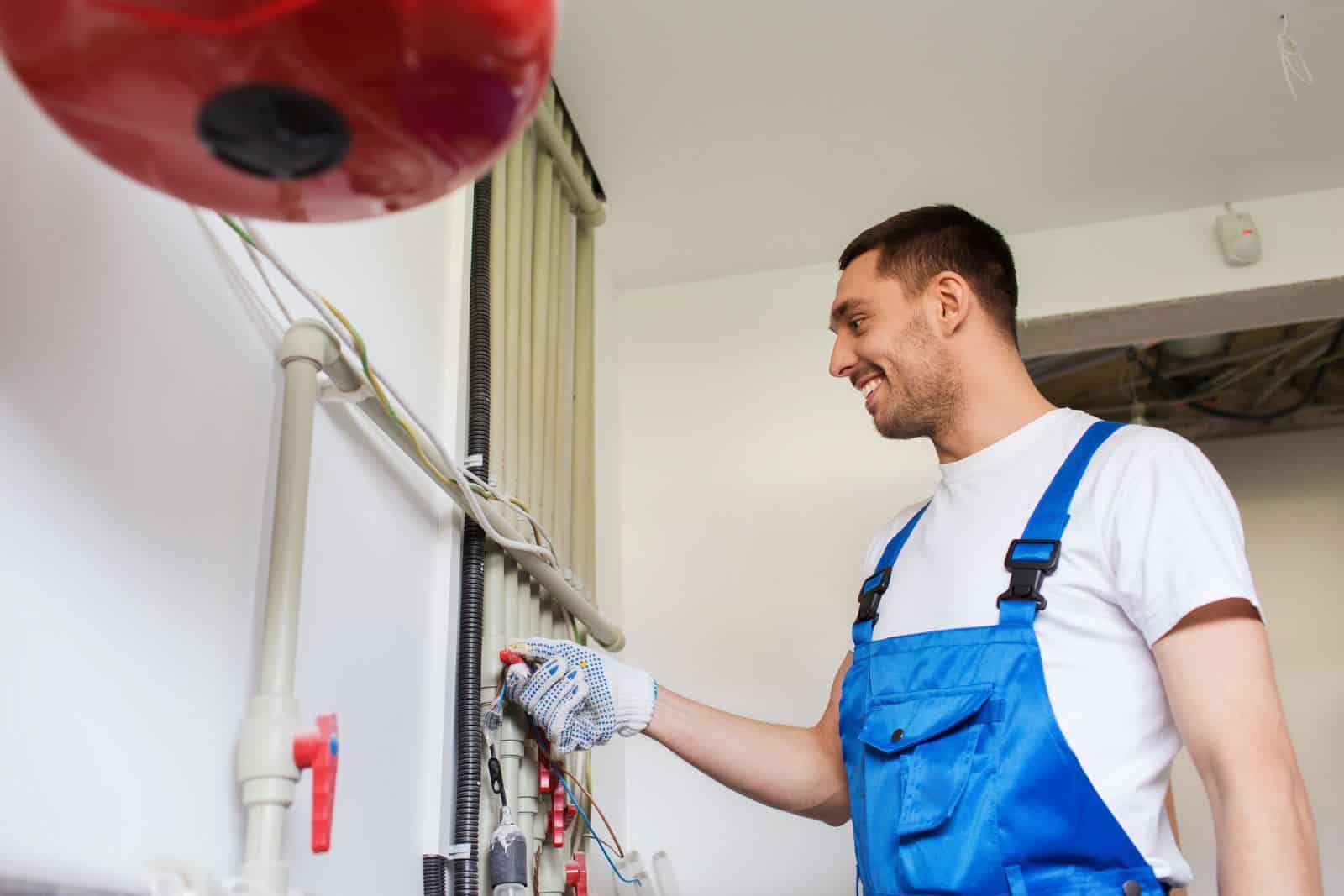
Image Credit: Shutterstock / Ground Picture
Lowering your water heater’s temperature to 120 degrees Fahrenheit can reduce energy consumption without sacrificing comfort.
#11. Maintain HVAC Systems
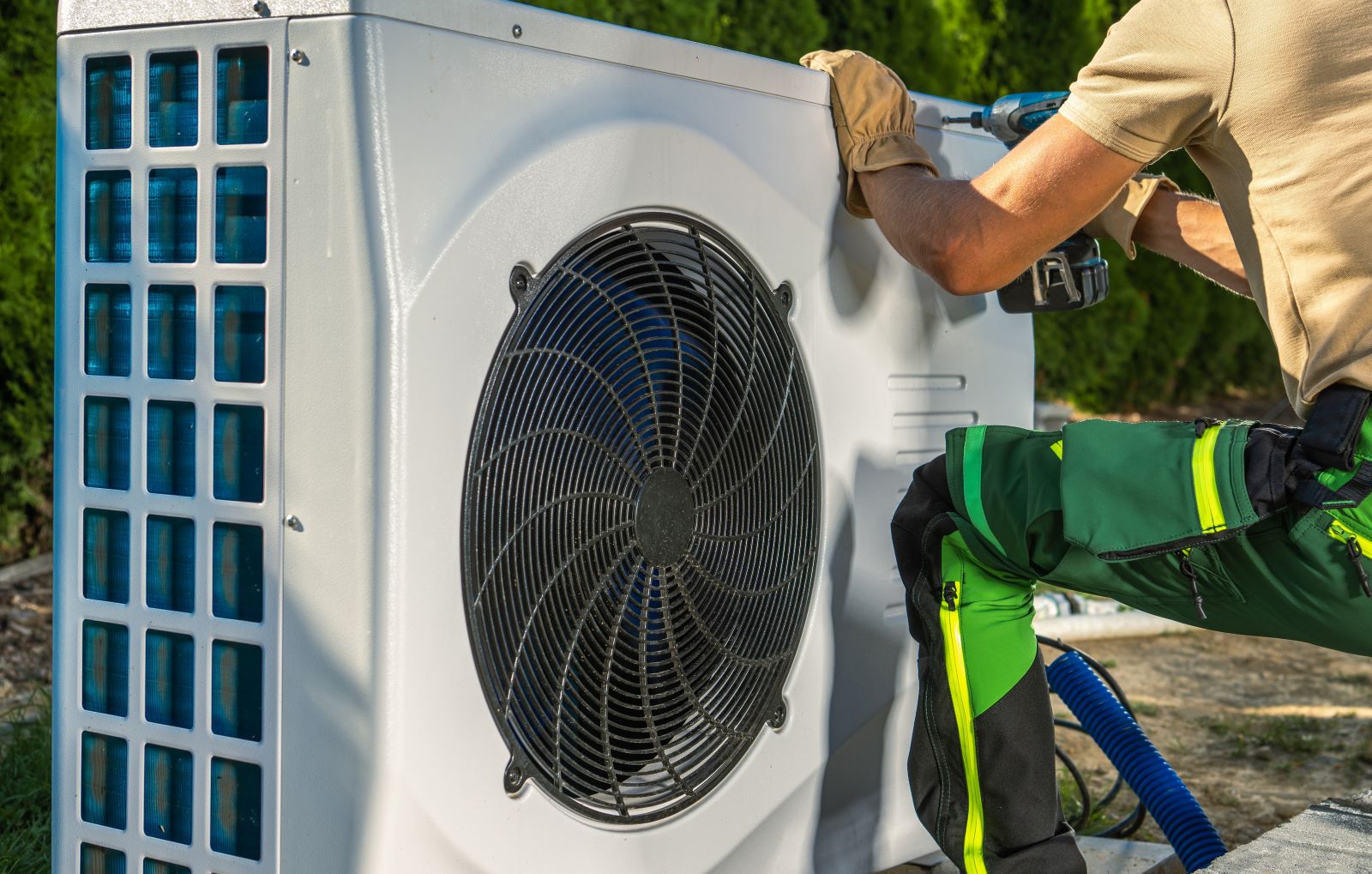
Image Credit: Shutterstock / Virrage Images
Regularly changing or cleaning HVAC filters ensures your system runs efficiently, improving air quality and reducing energy use.
#12. Install Low-Flow Showerheads

Image Credit: Shutterstock / TORWAISTUDIO
Low-flow showerheads reduce water usage and the energy needed to heat water, without compromising water pressure.
#13. Plant Shade Trees
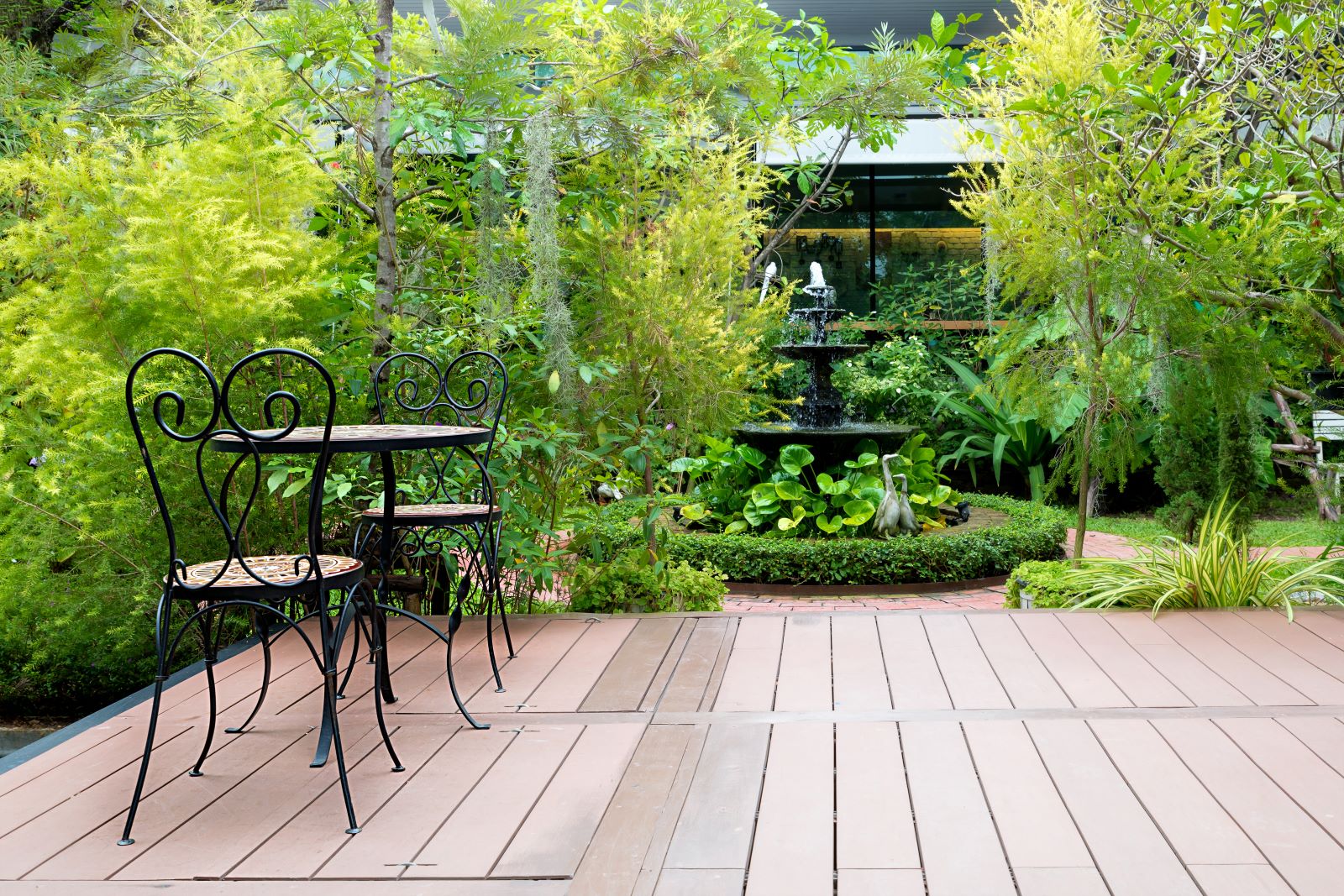
Image Credit: Shutterstock / Travelpixs
Strategically planting trees around your home can provide natural cooling in the summer, reducing the need for air conditioning.
#14. Seal Ductwork
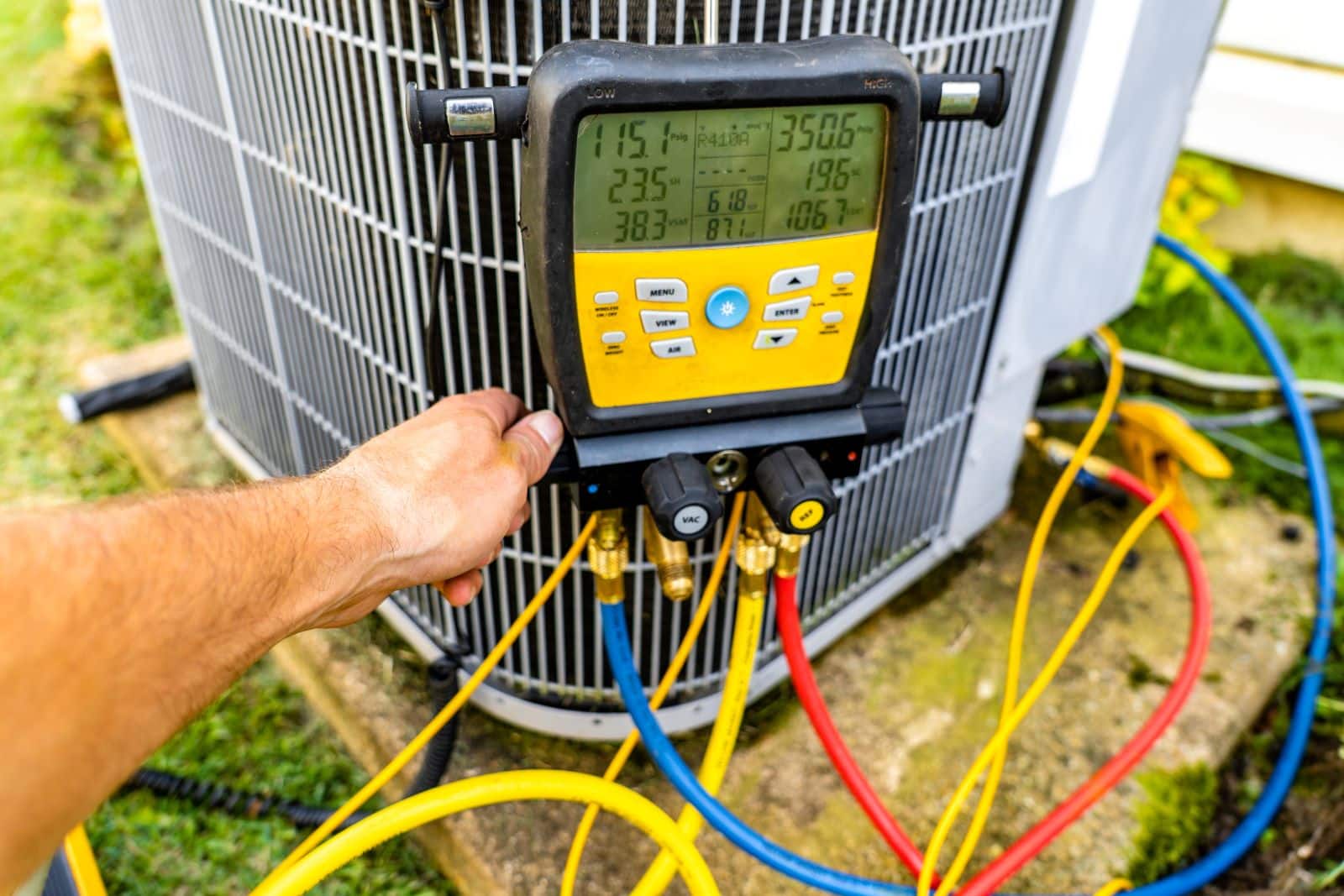
Image Credit: Shutterstock / Toby Allison
Sealing and insulating HVAC ductwork can improve your system’s efficiency by up to 20%.
#15. Use Energy-Efficient Window Treatments

Image Credit: Shutterstock / True Touch Lifestyle
Energy-efficient window treatments like cellular shades or insulated panels help keep heat in during winter and out during summer.
#16. Cook Smartly
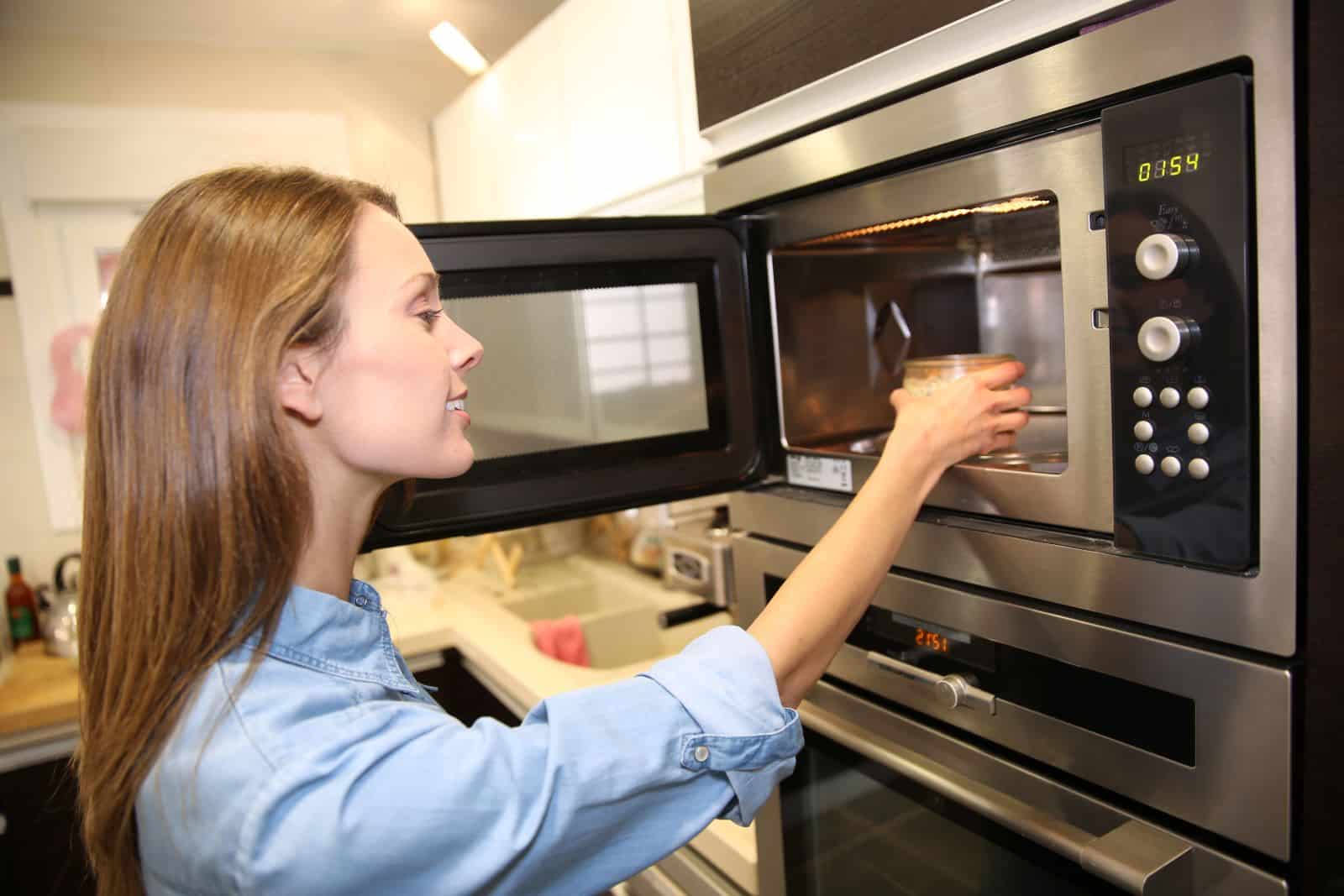
Image Credit: Shutterstock / goodluz
Using smaller appliances like microwaves or toaster ovens for cooking uses less energy than heating a full-sized oven.
#17. Optimize Refrigerator and Freezer

Image Credit: Shutterstock / Ground Picture
Set your refrigerator between 35-38 degrees and your freezer at 0 degrees for optimal performance and energy efficiency.
#18. Unplug Unused Devices
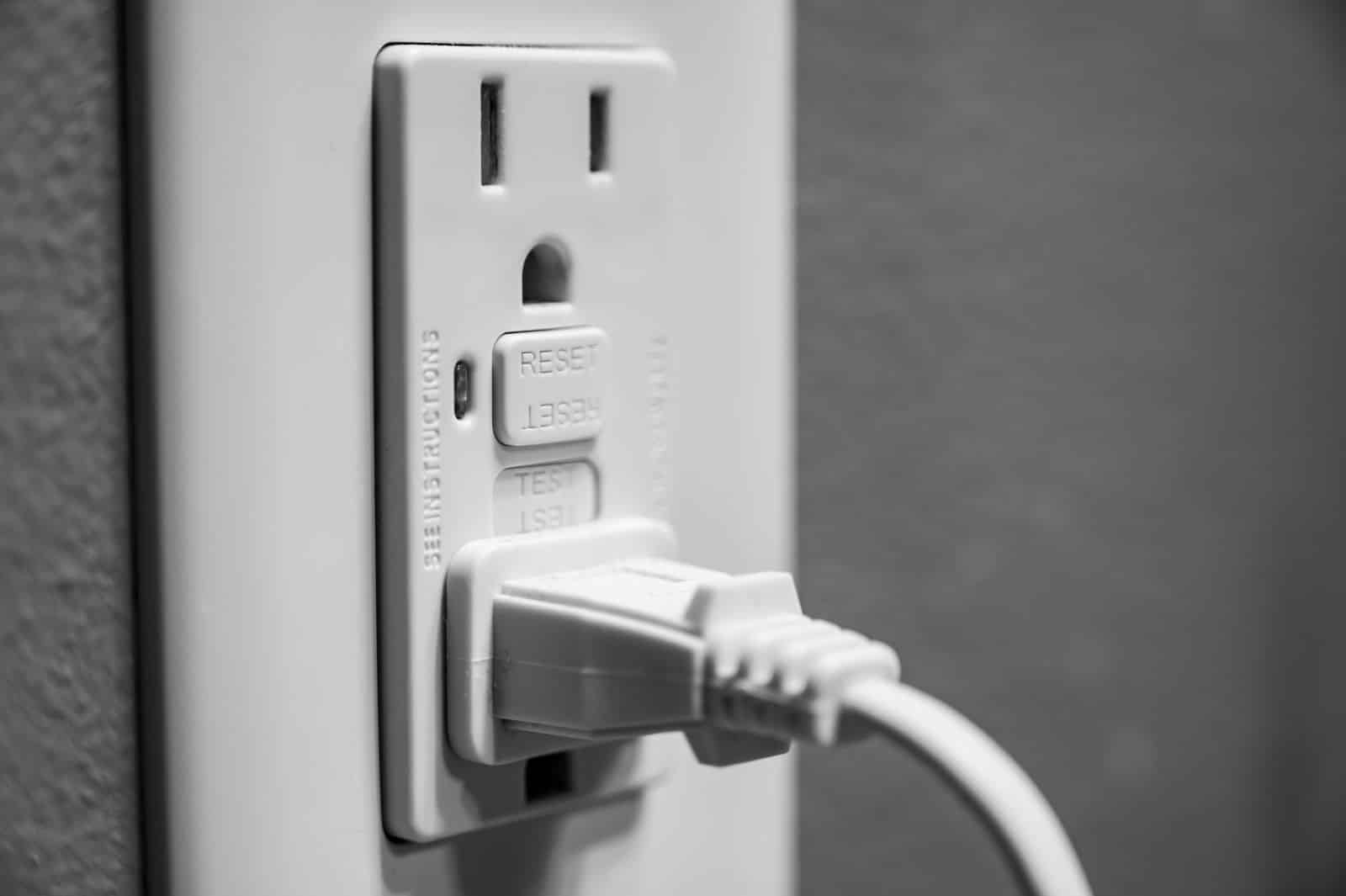
Image Credit: Shutterstock / Lost_in_the_Midwest
Unplug chargers and other electronics when not in use to prevent them from drawing power unnecessarily.
#19. Install Solar Landscape Lighting
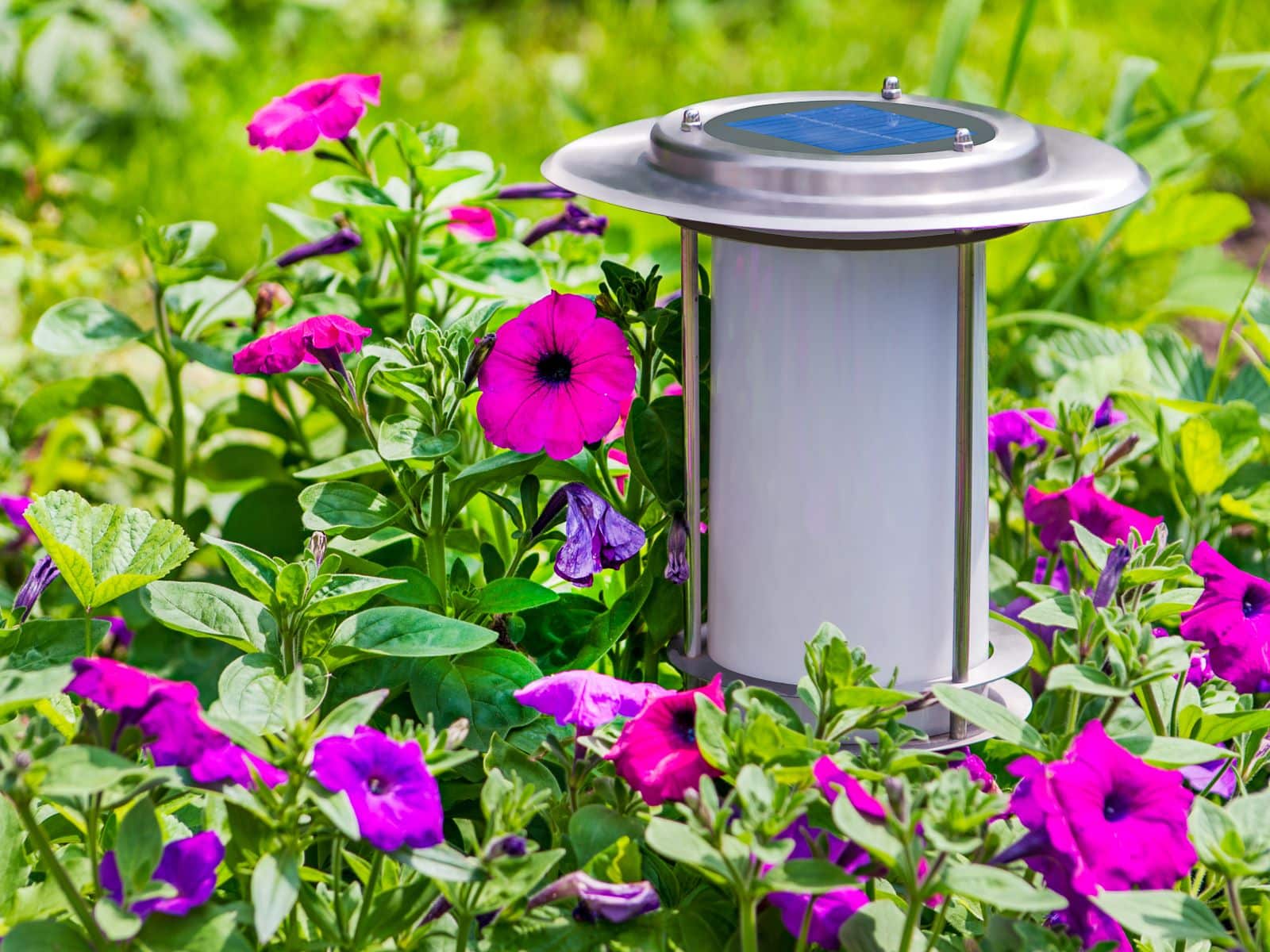
Image Credit: Shutterstock / GLandStudio
Solar-powered outdoor lights are cost-effective and reduce the need for electrical outdoor lighting.
#20. Apply Reflective Roof Coating
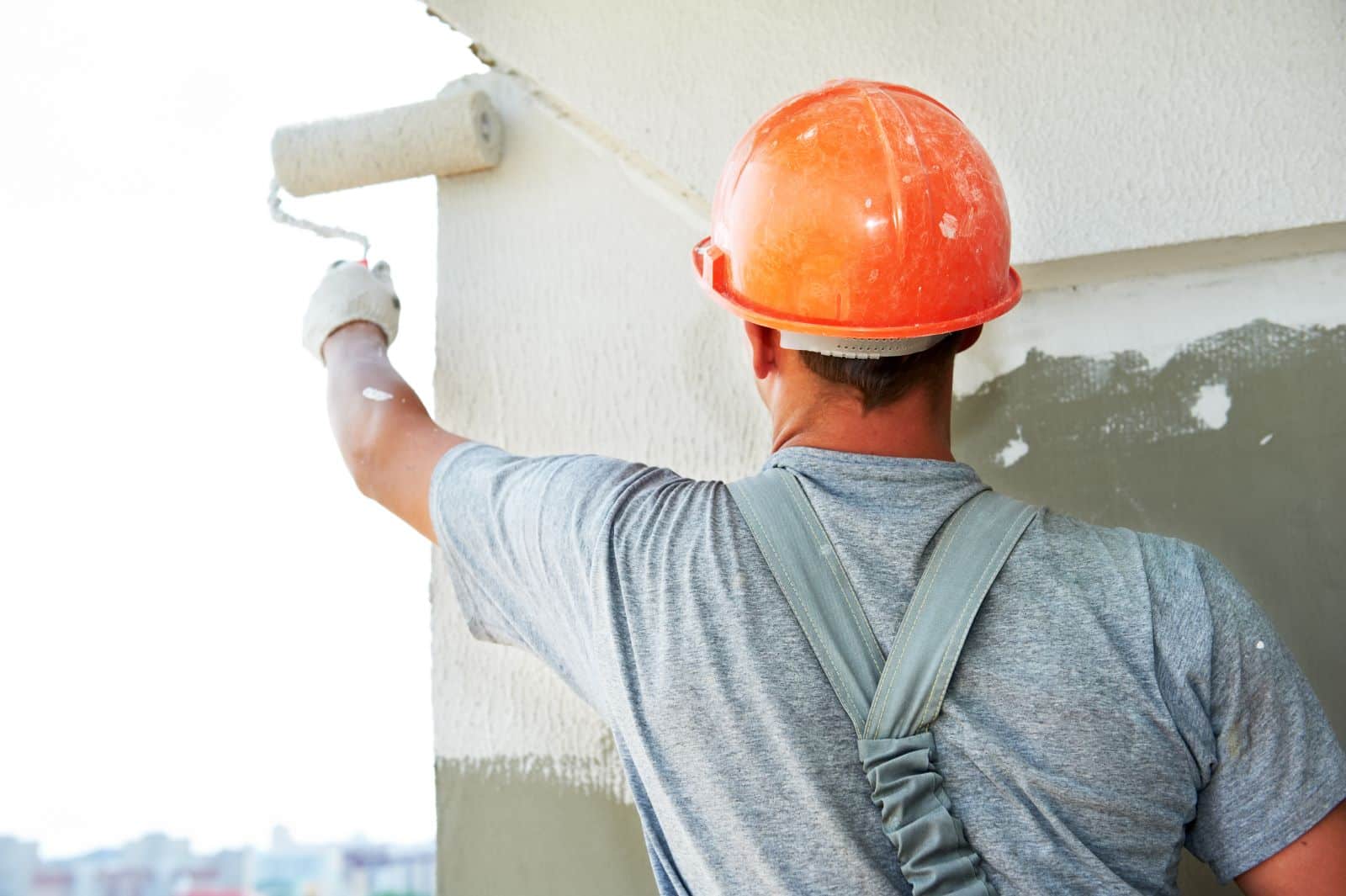
Image Credit: Shutterstock / Dmitry Kalinovsky
A reflective roof coating can deflect sunlight and reduce heat buildup, lowering cooling costs in warmer climates.
#21. Conduct an Energy Audit
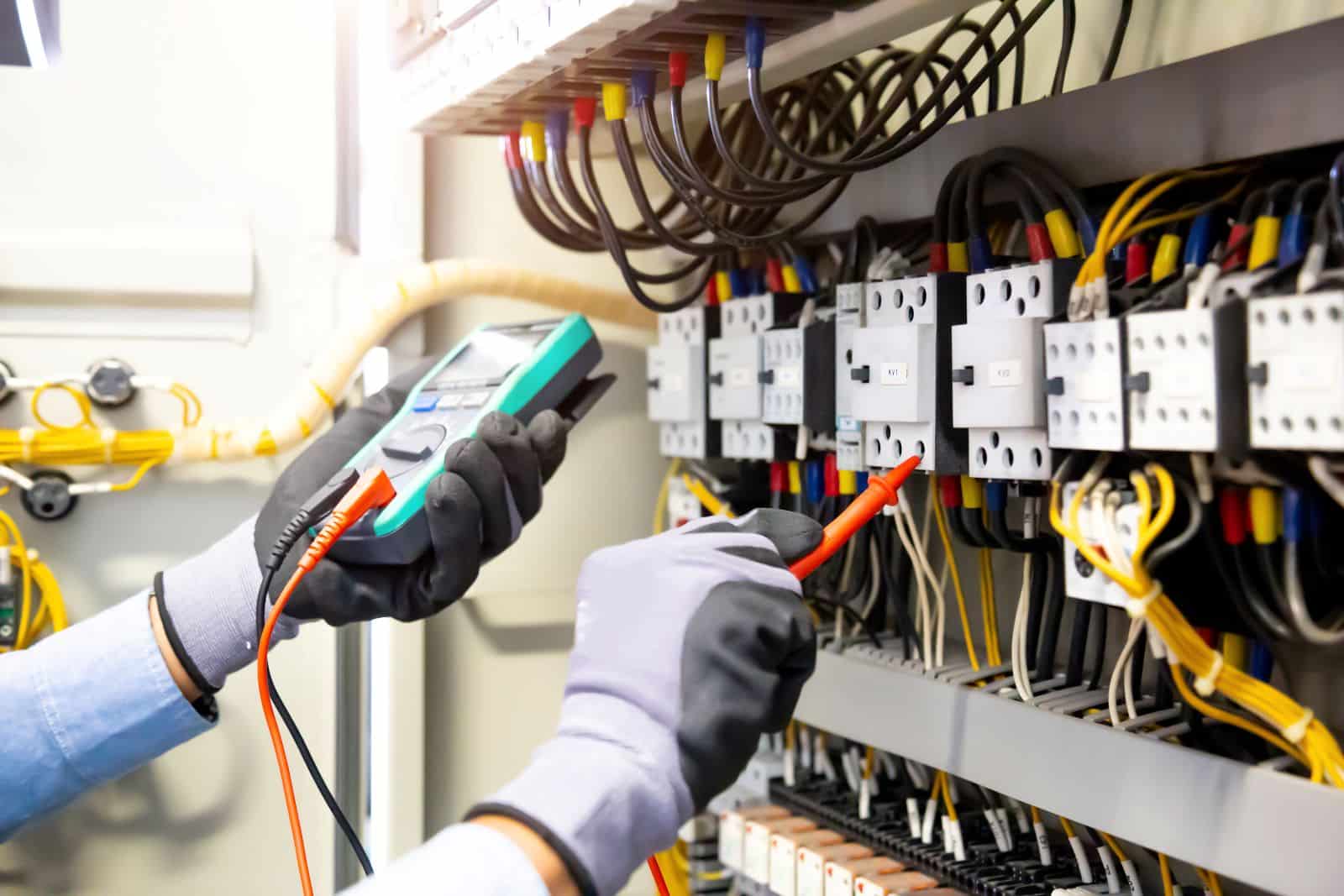
Image Credit: Shutterstock / Kunakorn Rassadornyindee
Many utilities offer free or low-cost energy audits to identify areas where you can improve your home’s energy efficiency.
Smart Savings
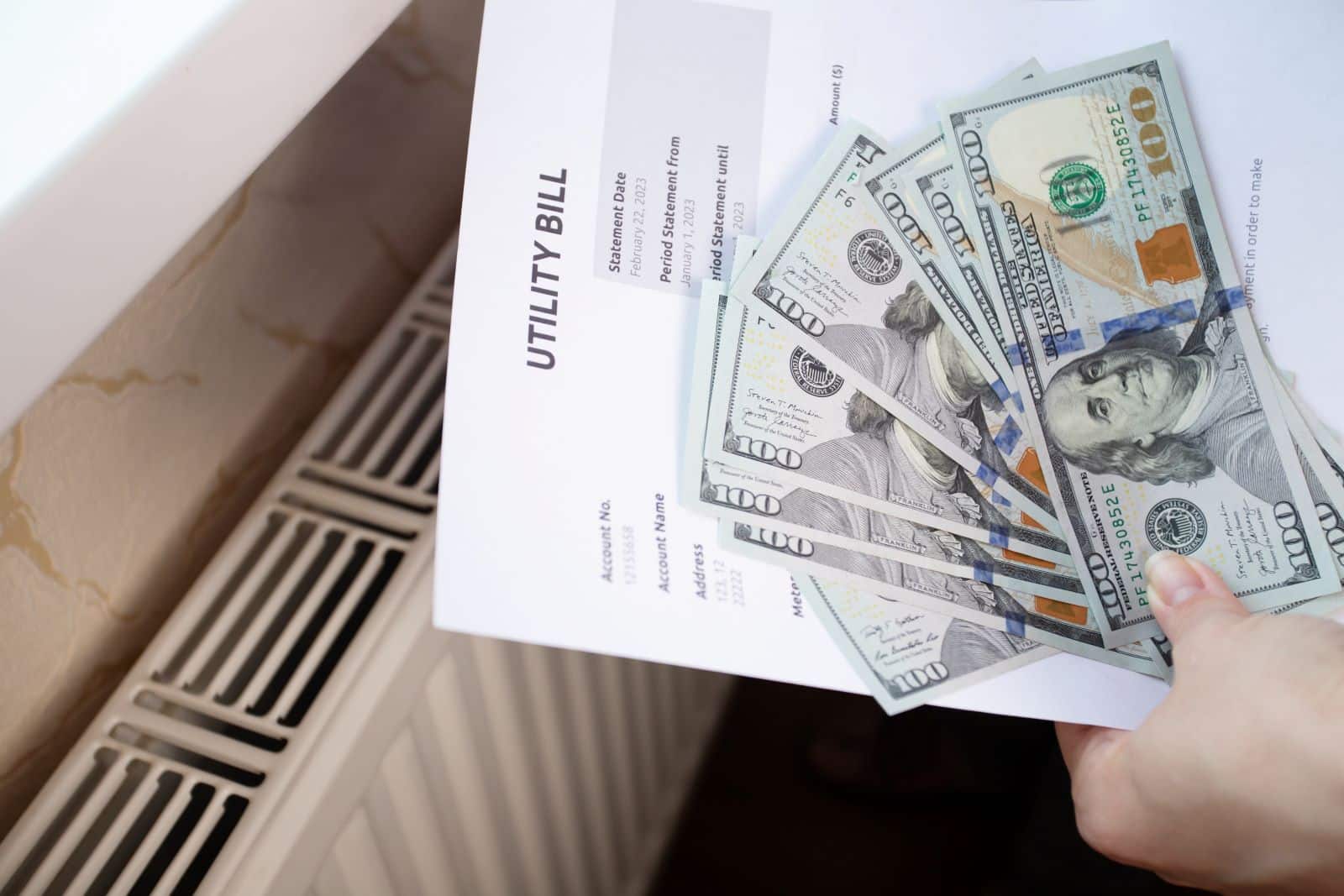
Image Credit: Shutterstock / Yta23
By implementing these budget-friendly tips, you can enhance your home’s energy efficiency, save on utility bills, and contribute to a healthier environment. Ready to start making smarter energy choices today?
Featured Image Credit: Shutterstock / Josep Suria.
The content of this article is for informational purposes only and does not constitute or replace professional financial advice.
For transparency, this content was partly developed with AI assistance and carefully curated by an experienced editor to be informative and ensure accuracy.

